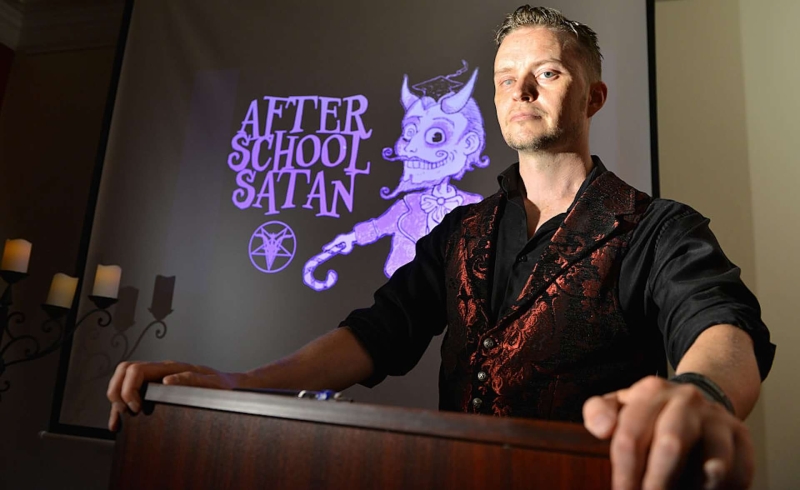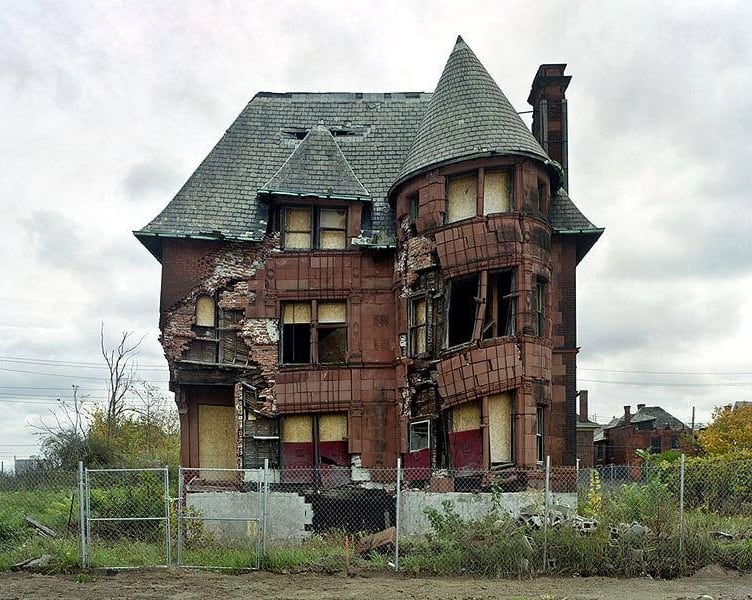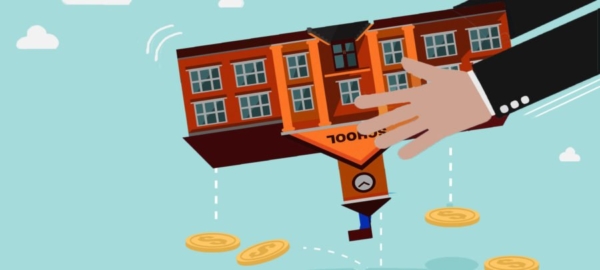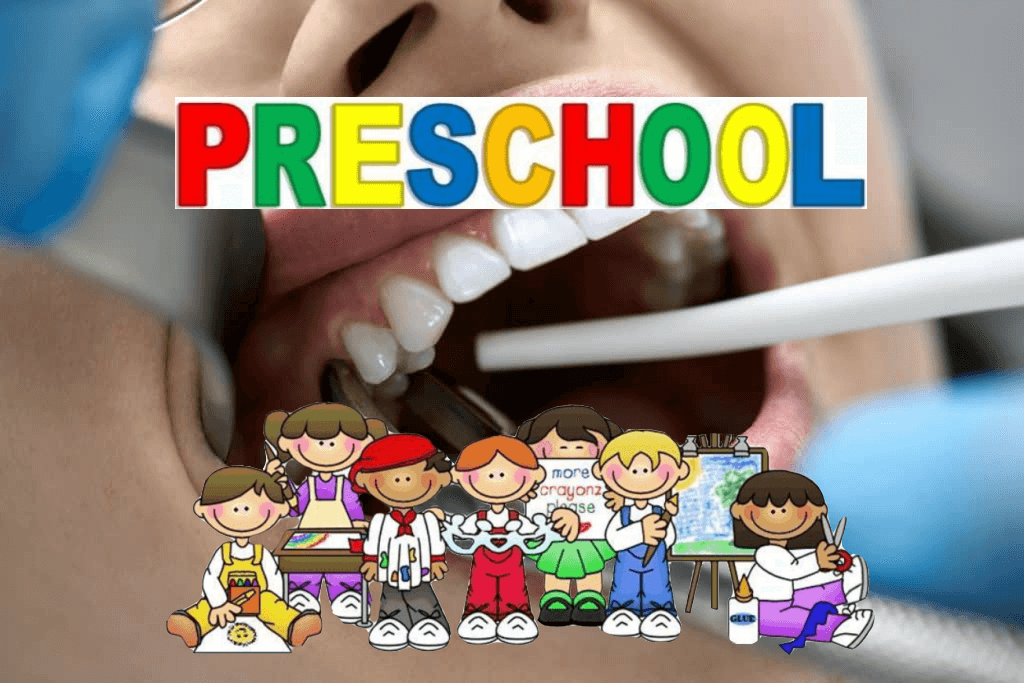Session preview: Wyo. lawmakers want to send taxpayer money to schools with no accountability
The push to take taxpayer money from public K-12 schools and divert it to private, religious, and home schools is gaining momentum in Wyoming, even while private school advocates admit this violates the state’s constitution.
Diverting public money to private and religious education would further undercut local Wyoming K-12 schools, which have struggled to retain teachers in recent years even as student achievement has remained among the best in the nation.
As the Wyoming Legislature’s 2024 session gets underway Feb. 12, the Joint Education Committee is sponsoring a bill to create “education savings accounts” that would give parents $5,000 per eligible child that they can spend wherever they please.
Lawmakers apparently believe that Wyoming taxpayers want to pony up tuition for children to attend Jerry Jeff’s Touchy Feely Backyard Kindergarten.
Unlike public schools, which are managed by elected boards from their local communities, the schools funded by so-called “education savings accounts” would have no accountability to the people that pay for them.
Lawmakers apparently believe that Wyoming taxpayers want to pony up tuition for children to attend Jerry Jeff’s Touchy Feely Backyard Kindergarten, the Cheyenne Satanic Academy, or schools where students learn that Wyoming’s abundant wildlife exists today because animals’ great grandparents once survived a worldwide flood aboard a boat.
Clear constitutional problems
House Bill 19—Education savings accounts, one of this year’s school privatization bills, also includes funding for pre-K education. Some lawmakers who support public schools—including House Speaker Albert Sommers (R-Pinedale)—view this as a compromise.
While it’s true that investing in early childhood education would save Wyoming money and improve student learning, using public money at the same time to fund private schools that lack accountability would end up costing Wyoming more and making learning outcomes worse.
Even privatization advocates like Sen. Bo Biteman (R-Ranchester) think the compromise in House Bill 19 is a “crap sandwich.”
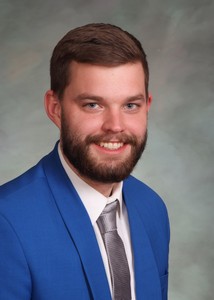
Rep. Ocean Andrew
Rep. Ocean Andrew (R-Laramie) sponsored a bill last year to create so-called “education savings accounts,” the Wyoming Freedom Scholarship Act.
Even as a supporter of school privatization, he wonders whether HB-19 is constitutional, since its core concept violates the state’s prohibition on using public funds for private or religious schools, as well as its prohibition of appropriating money directly to private citizens.
“Is it public money or is it private money?” he asked at a Joint Education Committee meeting in November. “Because if we were to change this bill on the basis that this is public money, then this whole bill actually is probably unconstitutional. The point of this and the way we make it constitutional is that this becomes private money when it’s in an [ESA] and the parents can appropriate it.”
That nifty sidestep has worked in some states, but not ones with a constitutional ban on the practice like Wyoming’s.
Rep. Andrews plans to bring his own school privatization bill back from last year—which he claims is constitutional—to the 2024 session.
Meanwhile, House Majority Floor Leader Chip Neiman (R-Hulett) plans to go one step further and clear up all this unconstitutional fuss—by changing the constitution.
Rep. Neiman’s amendment would create a free government money dispenser for anyone the Legislature deems worthy.
He has sponsored a proposed amendment to Wyoming’s constitution that would allow the government to hand out money to whomever it pleases, including individuals and churches, with no oversight.
Rep. Neiman’s amendment would create a free government money dispenser for anyone the Legislature deems worthy.
Like any proposed constitutional amendment, to become law it will need to pass each chamber of the Legislature by a two-thirds vote, then it would appear on the 2024 general election ballot for voters to ultimately decide.
Arizona’s “money follows the child” failure
Arizona has tried for two decades to build an education system in which “the money follows the student” wherever their parents want to send them. It has finally succeeded, and the result is a wildly expensive program with poor results.
Initially, state lawmakers there passed two school voucher bills that were declared unconstitutional. Then they put “empowerment savings accounts” on the ballot, and that initiative was rejected by a two-to-one margin.
Finally, in 2022, the legislature passed a “savings account” plan that squeaked through the courts and gives parents about $7,000 annually for each child to pay private school expenses.
How’s that working out? Arizona’s education budget is now $900 million in the red, as its “education savings account” program costs balloon 63 percent more than anticipated. The system costs taxpayers $424 more per elementary student and $540 more per high school student compared to public schools.
For all that money, one might think that Arizona’s school performance would be high. After all, Wyoming invests significantly in K-12 education, and we have the test scores to show results.
Sadly for the people of the Grand Canyon State, their students’ test scores are among the very worst in the nation.
Rural and special ed students lose
Public schools are the bedrock of many Wyoming communities, especially in rural areas. They function as social centers, provide opportunities for entertainment and athletics, and generally play a huge role in many residents’ lives.
For parents who have children requiring special education, they are a lifeline that gives their kids a chance for a better future.
One of the biggest problems with taking money from public schools and giving it to private, religious, and home schools is that these tend to operate in more populated areas, where they can make more money. This means that “education savings accounts” divert resources from rural areas to urban areas, which is a big issue in sparsely populated Wyoming.
Another is that non-public schools are not required to admit students who require special education. As a result, “education savings accounts” take funding away from public schools that are obligated to educate special ed students—often a very costly process—and given to schools that refuse to admit special ed kids, leaving even fewer resources for children who require more care.
Wyoming families tend to support their local schools, and they know that’s where their tax money is going. Parents are free right now to send their kids to private or religious schools, just not with taxpayer money.
That’s how it should be.

